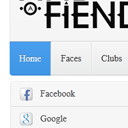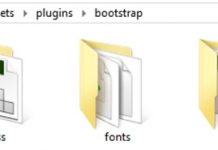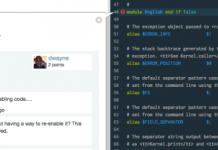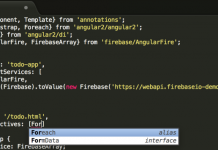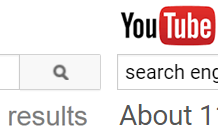
Dart is not coming to Chrome, Google announced today.
The lingua franca of the web is JavaScript, but with Dart, Google launched a project that effectively aimed to replace JavaScript. In Google’s view, Dart offered advantages like static typing and other features that made it a better choice for developers.
The idea was for Google and other browser vendors to integrate Dart right into the browser, but even Google itself never did so (except for launching a special build of Chrome that supported it), and now it looks like it never will.
“In order to do what’s best for our users and the web, and not just Google Chrome, we will focus our web efforts on compiling Dart to JavaScript,” Dart co-founders Lars Bak and Kasper Lund wrote today. “We have decided not to integrate the Dart VM into Chrome.”
Dart always allowed developers to write code in Dart and then compile it to JavaScript, so there’s nothing all that new there. The expectation, however, was always that Google would bring Dart directly to the browser sooner or later. Bak and Lund note that this means the team will now adopt a “more focused strategy for Dart for the web.”
Inside of Google, the company’s teams now maintain about a million lines of Dart code, so Google isn’t likely to completely abandon the language anytime soon. Indeed, Bak and Lund note that the Google Ads team especially remains committed to the language.
“We are committed to building our next-generation web apps with Dart, and a renewed focus on generating optimal JavaScript helps us deliver great apps to everyone with a modern browser,” Ads VP of Engineerings Scott Silver writes today. “Dart has significantly improved our engineers’ productivity and our ability to quickly launch and iterate.”
Despite all of this, though, today’s announcement does cast a shadow over the future of the language. As numerous commenters on Hacker News note today, Dart influenced the development of the latest versions of JavaScript, so it definitely succeeded in that respect, but Google surely had bigger plans for it.
Other browser vendors — and especially Mozilla — never picked up on Dart, though, and developers aren’t all that likely to write their apps in a language that only runs in one browser. Dart will likely now take its place among other “compile to JavaScript” languages like CoffeeScript or TypeScript.
Featured Image: Richard Matthews/Flickr UNDER A CC BY 2.0 LICENSE
















